The World Bank emphasizes the need for Nigeria's cash transfer program to extend its reach to househ
Only 0.1 percent of the intended poor and vulnerable households have so far benefited from the recently introduced cash transfer initiative by the Federal Government, which provides N25,000 per month. These findings were shared by Alex Sienaert, the World Bank’s Lead Economist for Nigeria, during his presentation of the Nigeria Development Update for the December 2023 edition in Abuja last week.
According to Sienaert's presentation, the government aims to disburse cash transfers to low-income households, providing N25,000 monthly for three months. As of now, the data indicates that 1.5 million households have received funds, with the program aiming to reach a total of five million households by the end of December.
Having disbursed funds to just 1.5 million households out of the intended 15 million, the payment has reached only 0.1 percent of the envisioned target. This starkly signifies that 99.9 percent of the designated beneficiaries are still awaiting their monthly N25,000 cash transfers, even amid the prevailing hardships in the country.
The removal of fuel subsidies and other recent policy changes has disproportionately affected Nigeria’s impoverished and vulnerable population. These are the very individuals who would substantially benefit from the monthly cash transfer system, funded through the World Bank loan, as envisioned by the Federal Government.
The distribution process may have faced obstacles due to a limited number of poor and vulnerable individuals possessing National Identity Numbers (NIN), a prerequisite for receiving the cash transfer.
The initial target was to have 20 percent of individuals registered in the National Social Registry equipped with a valid national ID number from the National Identity Management Commission by June 30, 2022. However, by December 31, 2022, merely 0.10 percent of the entire impoverished and vulnerable population on the registry possessed NIN.
This implies that out of the total 9,666,420 beneficiaries under this project, only around 9,670 individuals had acquired NIN.
Underlining the significance of NIN in the cash transfer program, the World Bank Lead Economist for Nigeria emphasized in his presentation that following the launch, the State Social Registers are undergoing a rigorous verification process led by the Federal Ministry of Humanitarian Affairs and Poverty Alleviation, in collaboration with state governments.
He stated, "Beneficiaries will be assisted in enrolling for the NIN during the verification process to broaden the coverage and utilization of the national identity number."

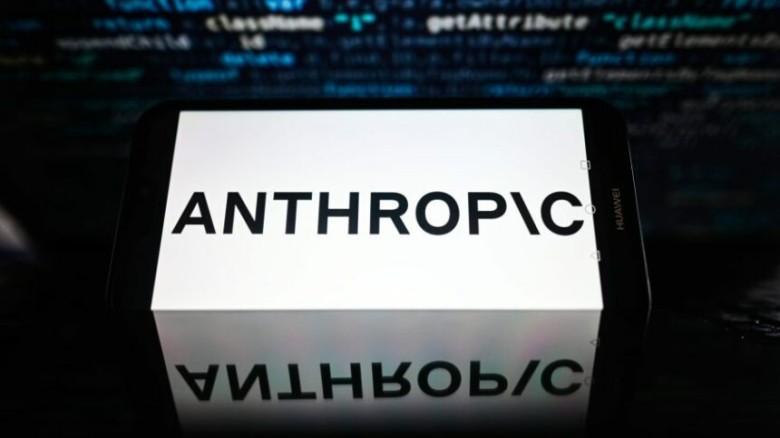
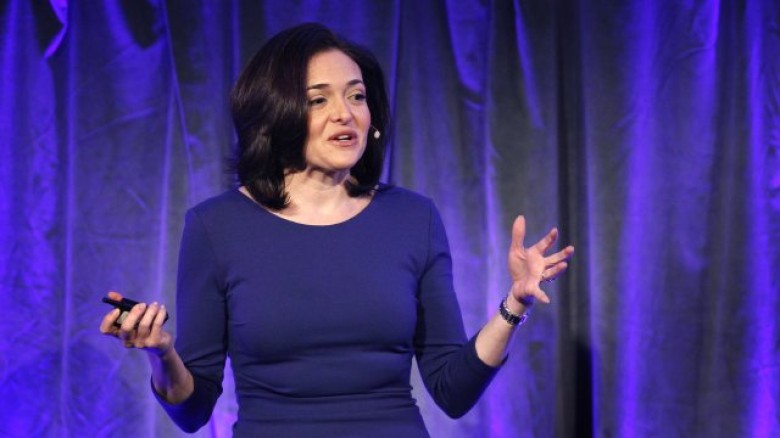

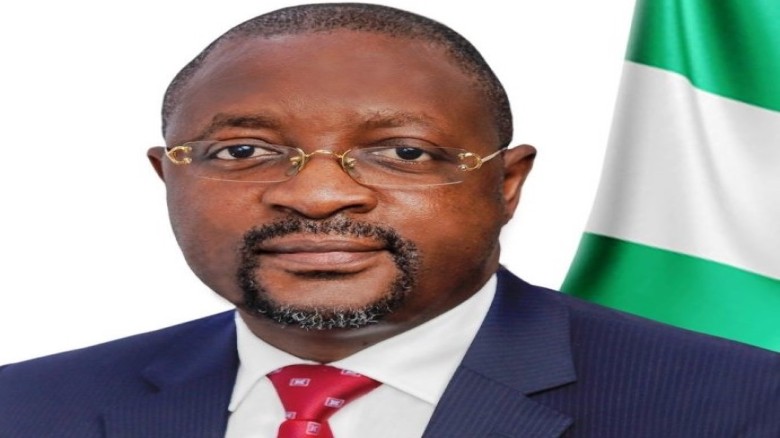



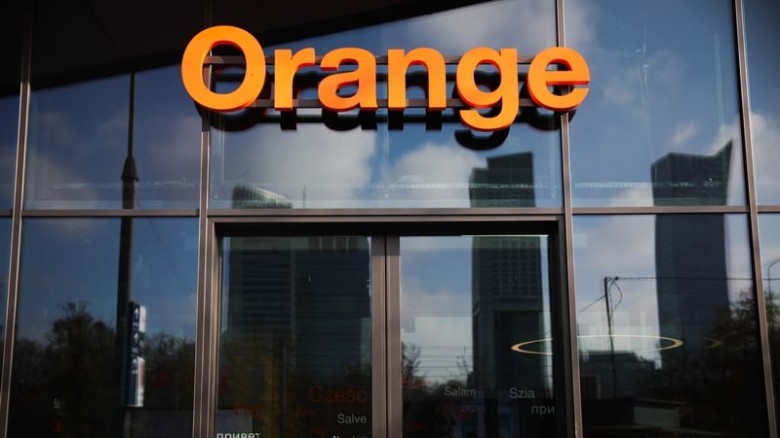
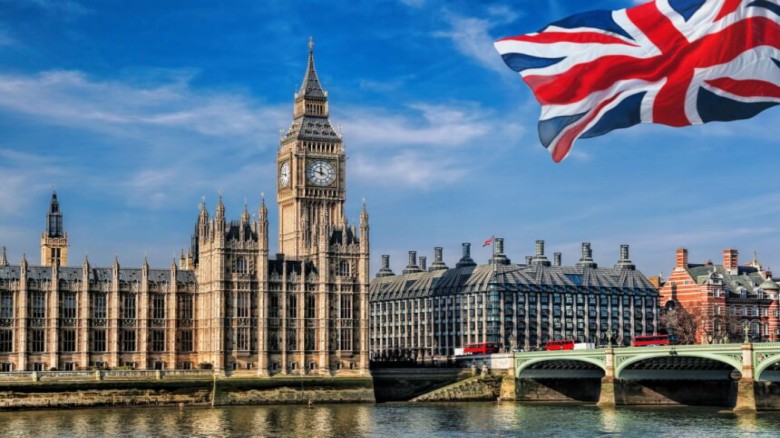





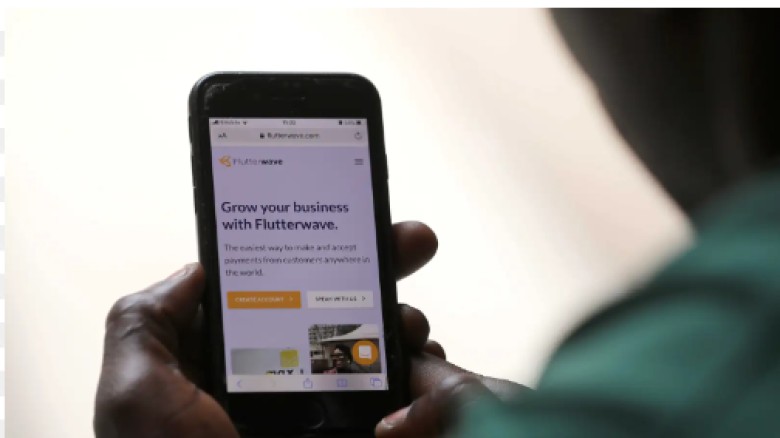



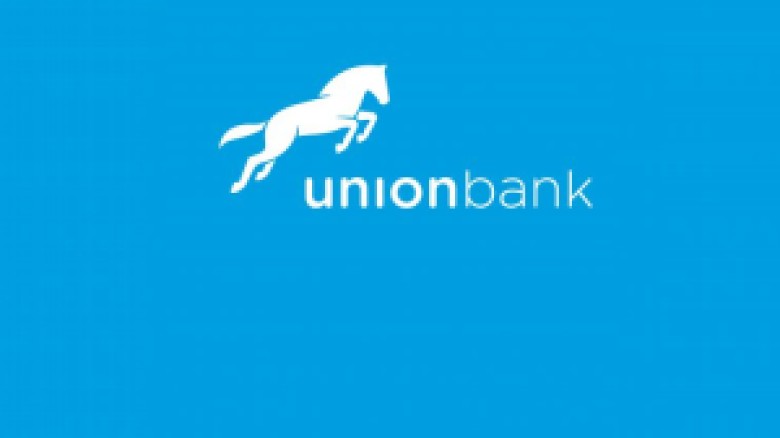




Leave A Comment